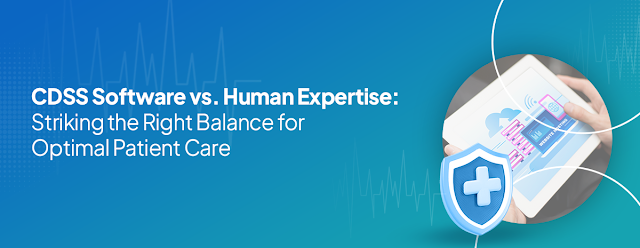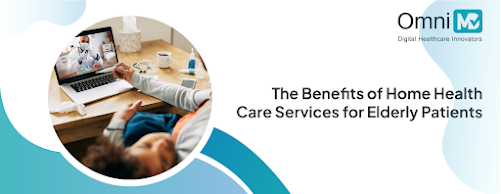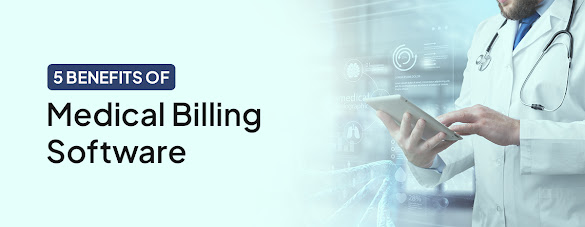CDSS Software Vs. Human Expertise: Striking the Right Balance for Optimal Patient Care
Traditionally, society has relied on human experience and expertise for decision-making. Human expertise has solved some of the most challenging problems we have ever known. In recent times, the introduction of computer systems and AI/ML technology has helped humans in the decision-making process to make things easier and help make better decisions. We know that an average individual makes around 35,000 decisions daily. Although most of these decisions are trivial, when it comes to the healthcare field, the right decisions can save lives, whereas the wrong ones can lead to grave consequences.
The Role of CDSS in Patient Care:
Therefore, physicians and healthcare professionals rely on
sophisticated Clinical Decision Support System Software CDSS Software that relies on AI technology to pinpoint the best solution for a
particular patient or case. Thus, this software can vastly improve the speed
and quality of medical decisions. While this software can assist medical
personnel with diagnosis and treatment, human expertise remains vital for
complex cases, decision-making, and patient care.
Striking the Right Balance for Optimal Patient Care:
When CDSS was first introduced, it was never implemented,
mainly due to legal and ethical issues. The very idea of a computer acting as a
medical expert was unthinkable. The system was too ahead of its time then. Today,
this software system is making inroads in decision-making and medical support
activities.
However, in the age of AI, medical expertise takes on a
whole new meaning. It may not be essential for the concerned medical expert to
be a reservoir of information. Still, the individual may be skilled at using
his skills and judgment to make difficult decisions.
The medical professional is the heart of the medical
profession. It is not only the accuracy of the diagnosis but also the empathy,
communication, and personal touch they bring to the profession. The question is
whether CDSS /AI will replace conventional medical expertise accumulated over
time until today.
However, AI can be a tool that can blend with conventional
age-old medical wisdom and expertise. It can aid the medical process without
replacing the human aspect of medical practice. For example, CDSS can assist
doctors in diagnosing complex diseases, drafting patient notes, and even
accelerating several time-consuming tasks that doctors encounter in their daily
routine. Nevertheless, one point comes to the fore: although Clinical Decision Support System Software could be effective and efficient, it lacks
empathy – the one human quality it cannot replicate. Let us look at these two
aspects briefly:
·
Efficiency:
Due to the computational power of AI, numerous healthcare processes can
be speeded up. CDSS can assist in decision-making and help diagnose diseases
that might elude even the most experienced human practitioners.
·
Empathy: While CDSS systems may assist
decision-making and efficient diagnosis, they definitively lack the empathetic
touch that doctors provide. Doctors are known for providing comfort through reassuring
words and understanding in distress. All these give the elements of human touch
that is not possible for AI to replicate.
Combining AI and Human Expertise
With the enhancement of technology and the subsequent
introduction of CDSS in healthcare, specific questions come to our minds. How
can this introduction enhance the human element of medical practice rather than
erode it? The answers to this question are straightforward. Instead of
replacing human decision-making, this software should assist it in
collaborative decision-making.
Final Thoughts
Doctors can use CDSS to assist in diagnosis, but the
final decision should remain in the hands of the human physician. This
professional can incorporate factors such as the patient's lifestyle, emotional
state, and preferences, which the Clinical Decision Support Systems might
not have considered. However, healthcare professionals should undertake tasks
involving patient interaction, empathy, and judgment instead. In the age of AI
and CDSS, medical education must include aspects that allow doctors to explore more
profound skills that will help them incorporate this new technology into their
practice without losing the human touch.
Conclusion
Human expertise traverses the boundaries that AI or CDSS
cannot reach. For example, just a doctor's touch can signal patients that they
are worthy of contact, even if their symptoms suggest their medical symptoms
could be out of control. Human expertise goes a long way in building a
physician's trust in the patient and vice versa. In the future, which will be
increasingly technology-driven, although this software will play an
increasingly vital role in medicine, the right balance of human expertise and CDSS
software needs to be achieved. This will help strike the right balance for
optimal patient care.




Comments
Post a Comment